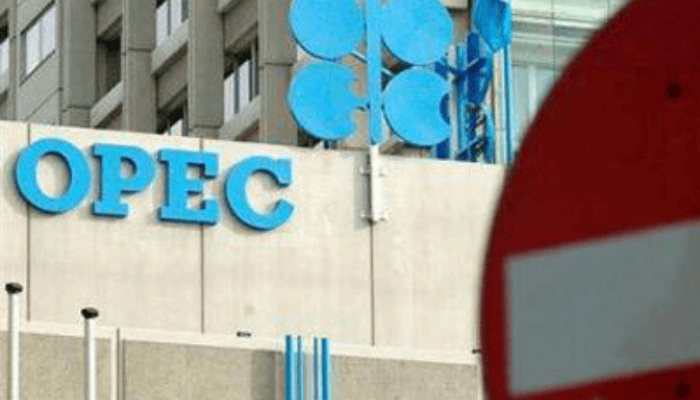The Organisation of the Petroleum Exporting Countries (OPEC) said the Dangote Refinery has significantly reduced Nigeria’s reliance on imported European refined products.
In its Monthly Oil Market Report published on January 15, 2025, OPEC highlighted that the shift could disrupt traditional gasoline flows, forcing international markets to seek alternative destinations for surplus volumes.
“The ongoing operational ramp-up efforts at Nigeria’s new Dangote refinery and its gasoline exports to the international market will likely weigh further on the European gasoline market,” the report stated.
It further explained that Nigeria, a country historically dependent on fuel imports to meet its energy needs, is now freeing up gasoline volumes in global markets due to increased local production.
Read also: OPEC makes fifth and biggest cut to 2024 oil demand growth forecast
This development, OPEC added, will necessitate “new destinations and flow adjustments for the extra volumes going forward.”
For decades, Africa’s most populous country struggled with chronic fuel importation, exacerbated by the collapse of its state-owned refineries. The Nigerian National Petroleum Company (NNPC) Limited served as the primary importer of refined petroleum products, a dependency that left the nation vulnerable to global price fluctuations.
The situation worsened further in May 2023 when President Bola Tinubu removed the fuel subsidy, causing petrol prices to surge from approximately N200 per litre to nearly N,000 per litre.
This steep increase compounded the hardships faced by Nigerians, who rely heavily on petrol to power their vehicles and electricity generators due to an unreliable national grid.
The commencement of the Dangote Petroleum Refinery in December 2023 marked a turning point.
Located in Lagos, the $20 billion facility, built to process 350,000 barrels of crude daily, is gradually increasing its output, with a target to achieve a full capacity of 650,000 barrels per day by the end of 2025.
Despite initial delays caused by regulatory hurdles, the refinery has begun supplying diesel, petrol, and aviation fuel to local marketers.
